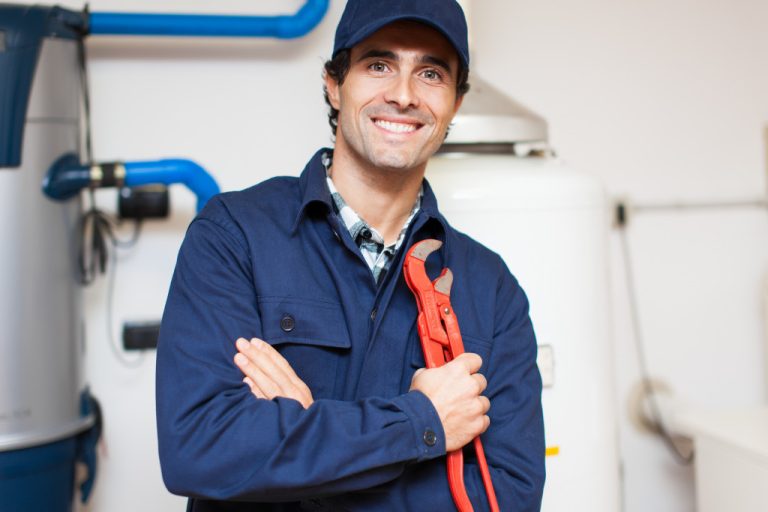- Annual home inspections are crucial for proper house maintenance.
- Exterior elements like roofs, gutters, chimneys, and landscaping should be checked first.
- Windows and doors should be inspected for functionality and security.
- Regular plumbing inspections can help detect potential problems.
- Check for leaks, test water pressure, inspect drainage system, and check water heater.
Every homeowner knows how important it is to maintain a house properly. A home inspection is one of the crucial ways to keep your house in good condition. It’s a thorough review of your house’s overall health and helps you to identify the issues beforehand.
Most homeowners conduct a home inspection only when they intend to sell their house. However, that’s not the only time you should do an inspection. Regular inspections help you detect any potential problems before they get worse. This blog post will provide you with an ultimate annual home inspection checklist for house maintenance.
Start with the Exterior
The exterior of your house is the first thing to inspect. You must check your roof, gutters, chimney, and other exterior elements. Verify that there are no loose or damaged shingles or debris on the roof.
Ensure that your gutters are clean and free of any debris. If it’s showing signs of wear and tear, consider investing in a professional gutter replacement service. A functional and efficient gutter system is crucial to prevent water damage to your house, so make sure to address any issues promptly.
Check the condition of your chimney and see if there are any cracks. Also, check your landscaping. Trim overgrown trees or bushes, remove dead plants, and keep gardening equipment stored properly.
Inspect the Windows and Doors

Windows and doors are crucial elements of your home. They provide privacy and security. It would be best if you inspected your windows and doors to ensure they are operating effectively. Check for damaged or broken seals by opening and closing the doors and windows.
See if they are opening and closing smoothly and securely. Inspect the locks and hinges to ensure they are working properly. Consider replacing any faulty door or window hardware, as it helps enhance your house’s security and energy efficiency.
Plumbing Inspection
Plumbing is an integral part of any home, and it’s essential to keep it in good condition for the sake of your family’s health and safety. Regular plumbing inspections can help detect potential issues before they turn into major plumbing problems.
Check for Leaks
The most crucial step in any plumbing inspection is to look out for leaks. Check all the visible piping, faucets, showerheads, and toilets. Even a minor leak can cause significant damage to your home. If you notice any leaks, take immediate action to have them repaired.
Test Water Pressure
Water pressure plays an important role in the functionality of your plumbing system. High water pressure can cause leaks, while low water pressure affects the performance of your appliances. Use a gauge to check the water pressure in your home. If it’s too high, consider installing a pressure regulator.
Inspect Drainage System
Drainage problems can lead to sewage issues, clogged pipes, water backups, health hazards, and significant expenses. To inspect the drainage system, check all the drains, e.g., sinks, toilets, and showers, for blockages. If you notice that the water drains slowly, there might be a clogged pipe that you need to address.
Check the Water Heater
A properly functioning water heater is essential in any home. It provides hot water for showers and dishes and helps regulate the temperature in your home. Ensure your water heater is operating correctly by examining for signs of wear and tear and checking whether the temperature is set to the right level.
Electrical Inspection
Electrical problems are one of the most common reasons for house fires. You should check your electrical systems for any potential hazards. Inspect your fuse box, circuit breakers, outlets, and switches. Check that everything is working correctly and that your wiring is safe. If you notice any issues, contact a professional electrician to help you.
Check the HVAC System

Your HVAC system should also be on your checklist. Inspect it to ensure it is operating effectively. Check your air conditioning and heater for any potential issues. Ensure the thermostat is working correctly, and replace the air filter if needed.
Wrapping Up
Regular home inspections are essential. An annual inspection helps you detect potential issues before they become more significant problems, saving you money and headaches in the long run. Use our home inspection checklist to ensure you check everything thoroughly. If you notice any issues, don’t hesitate to contact a professional. By conducting these inspections annually, you can maintain a healthy and safe home for you and your family.

